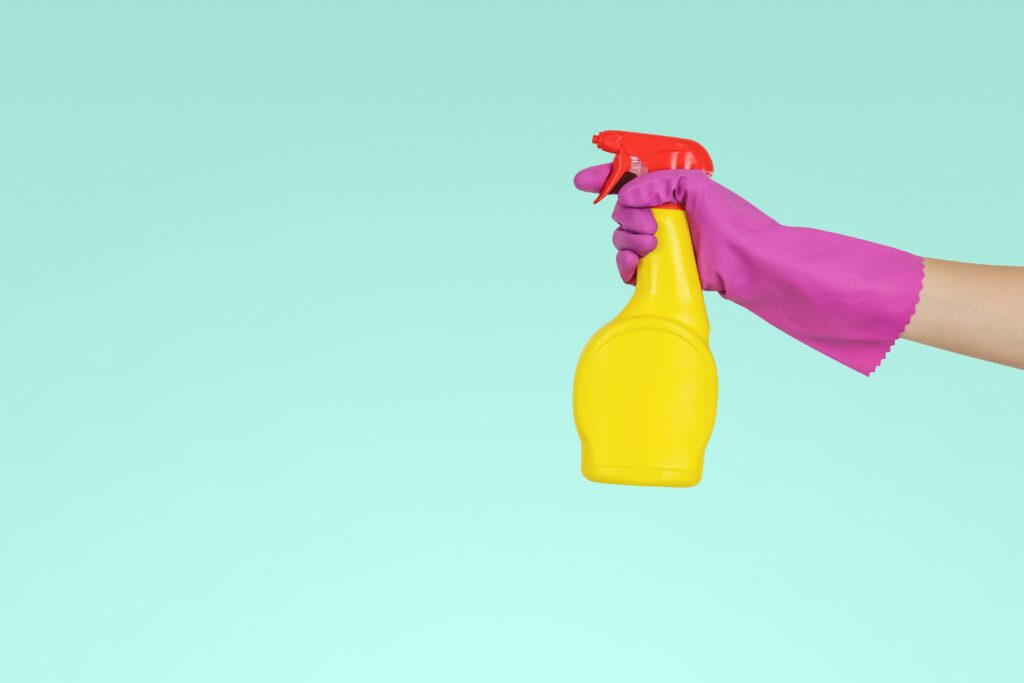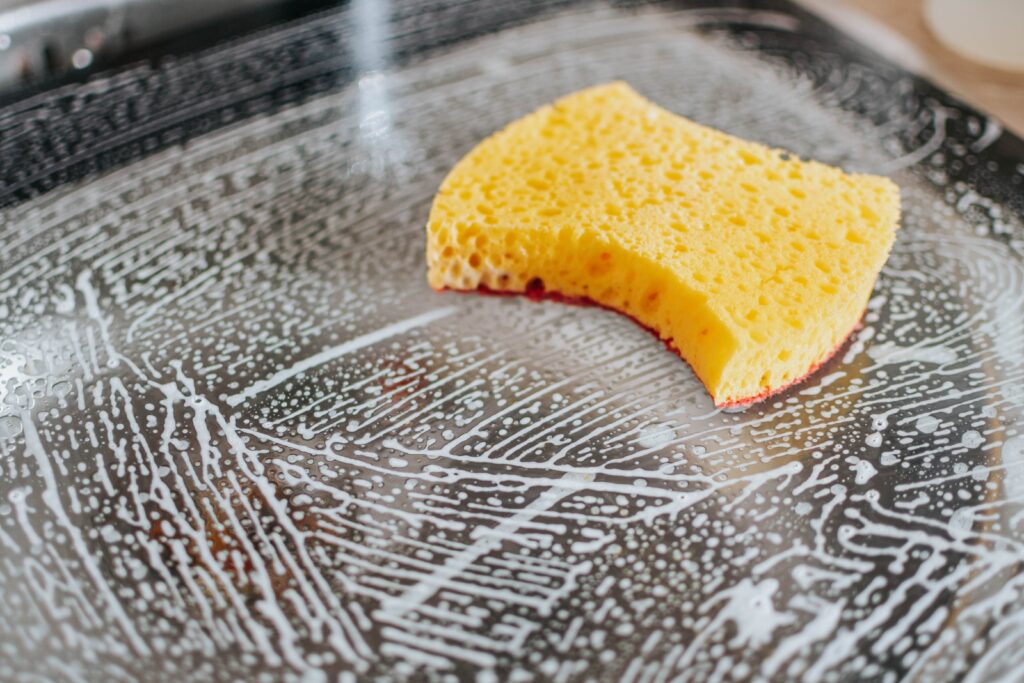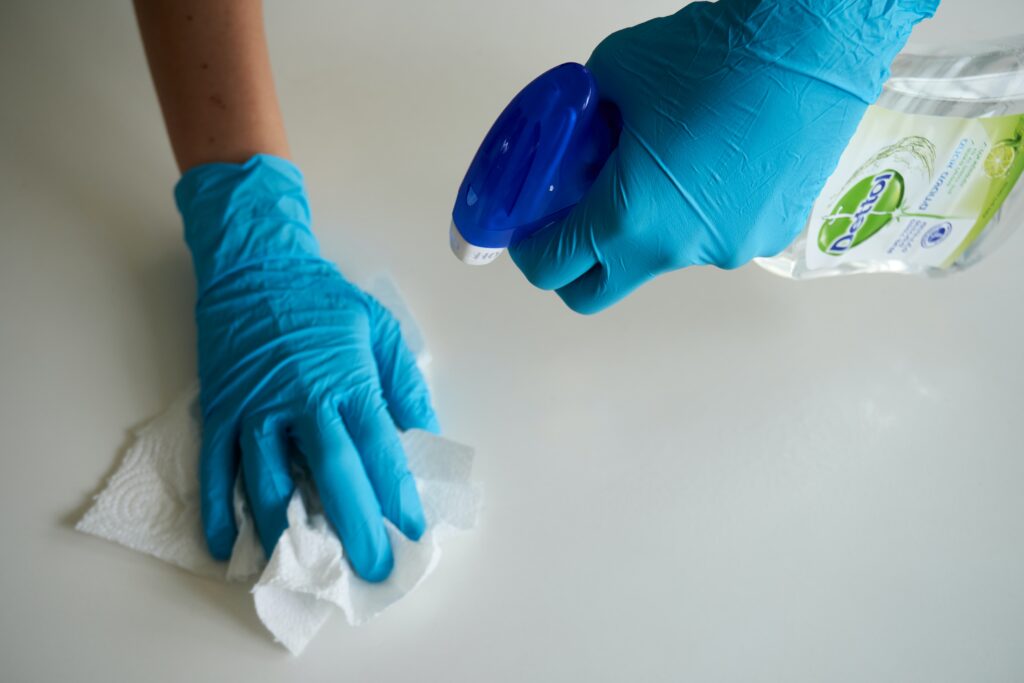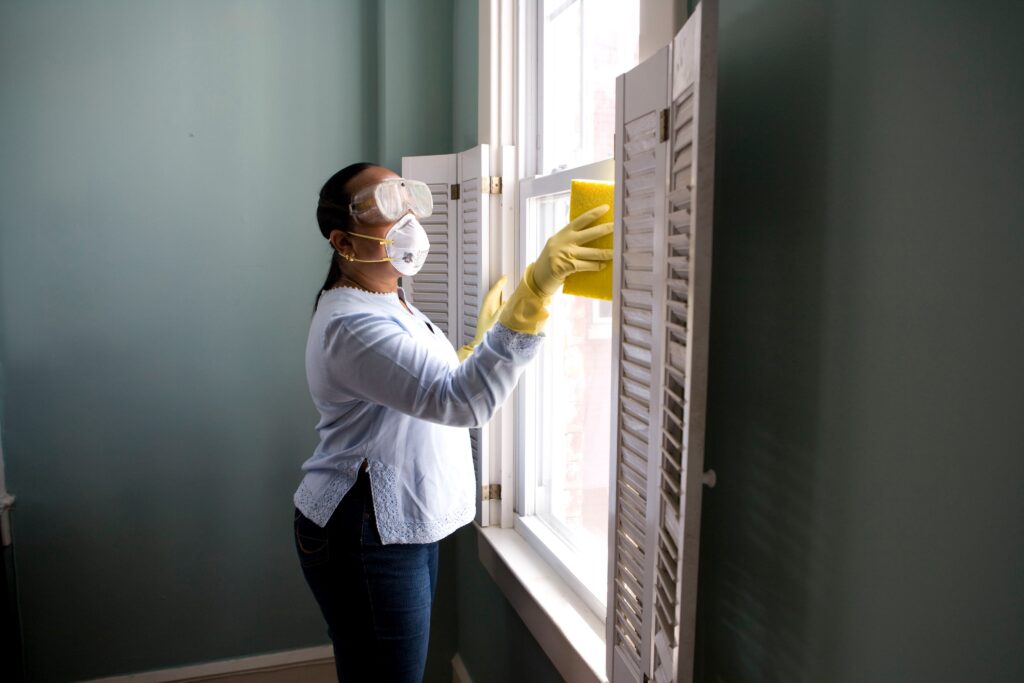Hello everyone! Today we have prepared something new! Are you curious whether you are a Clean Freak? That’s perfect because we have created a quiz called: “Are You A Clean Freak?”. Thanks to this assessment you can find out the level of your cleaning freakiness! Is it normal? Do you clean too much? Or maybe you clean not enough and your house is a mess? Find it out thank our “Are You A Clean Freak?” quiz! Answer twenty questions and find out now!

Cleaning is the procedure of getting rid of unwanted elements from a space or an item, such as dust, bacteria, and other impurities. Cleaning is commonly done for aesthetic, hygienic, practical, environmental, or safety reasons. Cleaning takes place in a number of locations and employs a range of methods. Several professions concentrate on cleaning.
Want to find out if you’re a Clean Freak? We invite you to read an article about Pandemic and our Cleaning Habits! Read this article by clicking this link!
Cleaning takes place in a variety of environmental, home, and commercial situations with varying scopes and specifications:

Both the condition of being clean and devoid of germs, filth, garbage, or waste, as well as the habit of obtaining and maintaining that state, are considered to be aspects of cleanliness. A typical method of achieving cleanliness is cleaning. Cleanliness is often regarded as a desirable quality and may even be perceived as fostering additional principles like health and beauty, as the proverb “Cleanliness is next to Godliness” suggests.
The idea of cleanliness stresses a consistent process or routine for maintenance and prevention. It varies from purity in this regard, which is a state of unpolluted physical, moral, or ritual behavior. In contrast to pureness, which is frequently a quality of a person or an attribute of an item, cleanliness includes a social component, direction, or suggestion of a system of relationships.
Jacob Burckhardt observed that our contemporary idea of societal ideal depends on cleanliness. One might say that a home or place of business is clean, but usually not pure. People who keep themselves clean or avoid becoming filthy exhibit cleanliness as a trait as well.

Hygiene and the prevention of disease are connected to cleanliness. One method of maintaining bodily cleanliness is to wash, generally with water and frequently with some sort of soap or detergent. In many other types of production, cleaning methods are also crucial.
As a sign of moral superiority or respectability and in relation to socioeconomic class, humanitarianism, and cultural imperialism, cleanliness has aided in the creation of cultural standards.
Since the germ theory of illness, the term “cleanliness” has evolved to refer to an endeavor to eliminate germs and other potentially harmful elements. Around 1989, David Strachan published the “hygiene hypothesis” in the British Medical Journal, sparking a response to an overzealous demand for a germ-free atmosphere.
According to this theory, environmental bacteria aid in the development of the human immune system; the fewer germs a person is exposed to as a youngster, the more probable it is that they would acquire certain health issues as children and adults. Therefore, the value of cleanliness extends beyond the practical necessities of hygiene to include social and cultural considerations.

Certain industrial operations, including those involved in the production of integrated circuits, need exceptionally clean surroundings. Working in cleanrooms helps to attain this. Successful electroplating depends on cleanliness since oil molecule layers might interfere with the coating’s ability to adhere.
The industry has created testing for cleanliness as well as specific cleaning methods for components. The most widely used tests rely on how a clean, hydrophilic metal surface wets. To minimize outgassing, vacuum systems must be kept clean. For the production of semiconductors, cleanliness is essential.
Are you curious to learn whether you are a Cleaning Freak? Take this “Am I a Neat Freak Quiz” if that’s the case! To get your results, please answer all of the questions! In this OCD Clean Freak Test, we have prepared twenty questions and four possible results for you to find your cleanliness level!